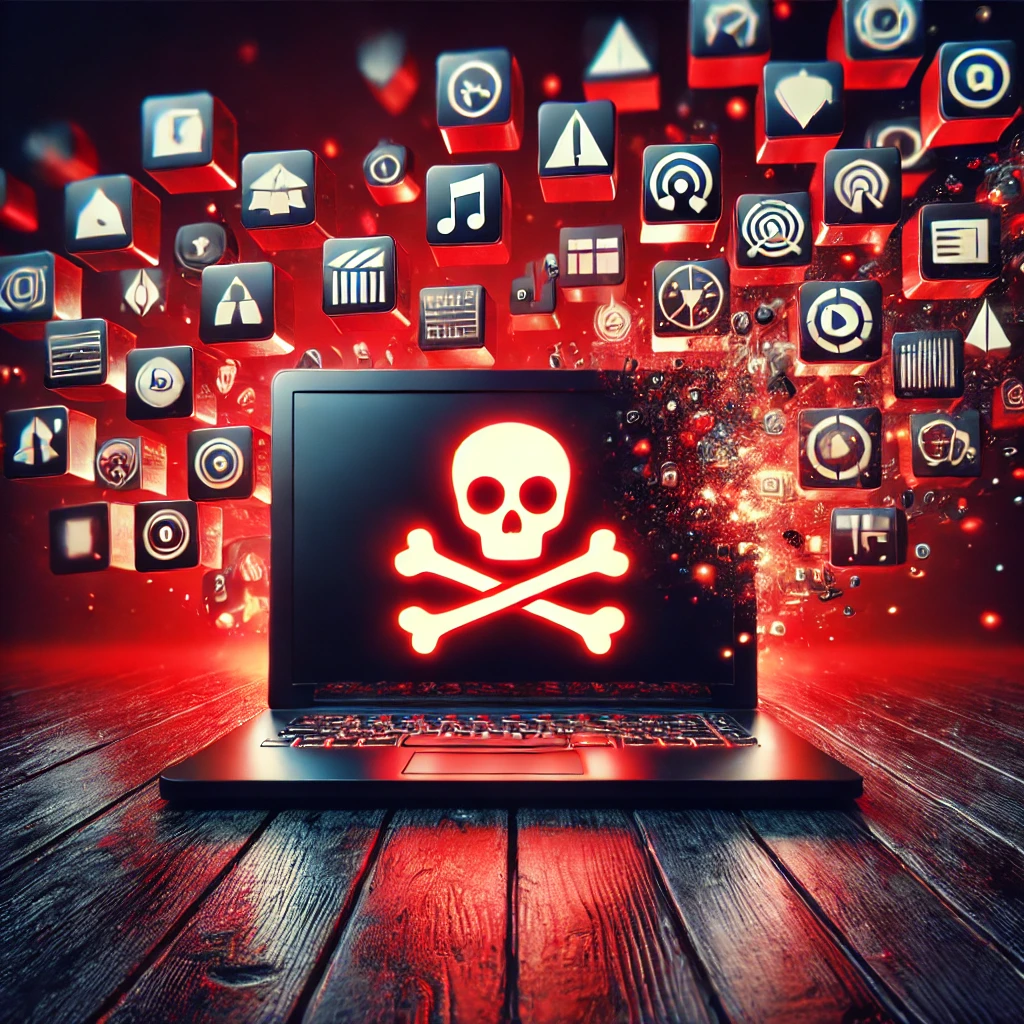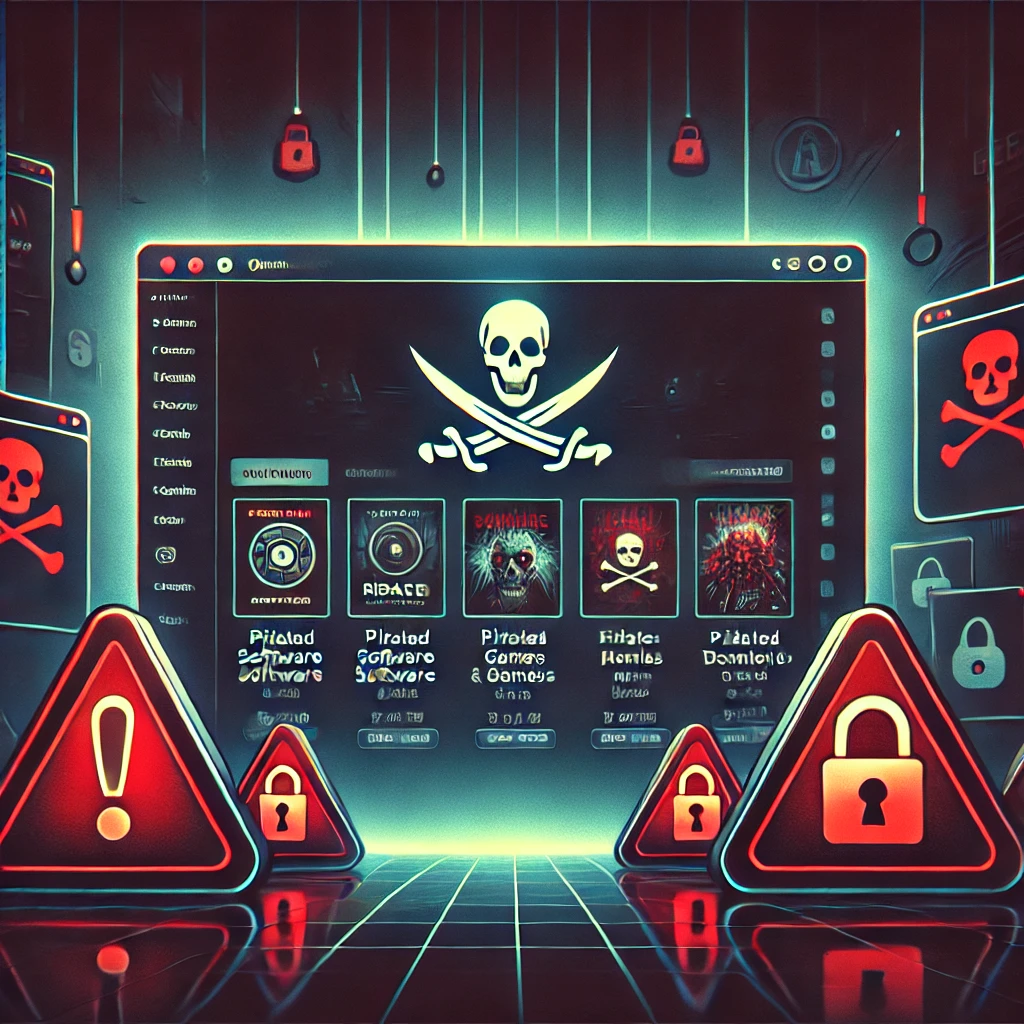The internet has revolutionized access to information, entertainment, and productivity tools. However, this ease of access has also given rise to illegal sites offering pirated software, games, and movies. These platforms pose significant ethical, legal, and security risks for users and creators alike. Understanding the implications of engaging with such sites is crucial to staying safe and supporting a fair digital economy.
What Are Illegal Sites?
Illegal websites for software, games, and movies distribute copyrighted materials without the authorization of the creators or rights holders. These platforms exploit user demand for free content by offering pirated versions of popular media. Common types include:
- Torrent Websites: Facilitate peer-to-peer sharing of pirated content.
- Direct Download Sites: Provide links to download cracked software or movies.
- Streaming Platforms: Stream movies and TV shows without authorization.
Why People Use Illegal Sites
Despite the risks, many individuals turn to illegal platforms for various reasons:
- Cost Savings: Accessing free versions of expensive software or entertainment.
- Convenience: Bypassing geo-restrictions or delayed releases in specific regions.
- Curiosity: Experimenting with premium content before making a purchase.
The Legal Repercussions of Using Pirated Content
Downloading or streaming content from illegal sites can lead to severe legal consequences, including:
- Fines and Penalties: Users caught pirating may face hefty fines depending on jurisdiction.
- Imprisonment: In extreme cases, repeat offenders may face jail time.
- Bans or Blacklisting: Internet Service Providers (ISPs) may restrict access to pirated content.
Cybersecurity Risks of Illegal Sites
Engaging with illegal platforms is a high-risk activity for several reasons:
- Malware and Viruses: Many pirated files are embedded with harmful software.
- Data Breaches: Personal information can be stolen and sold on the dark web.
- Ransomware Attacks: Malicious actors may lock your device and demand payment for access.
Impact on the Creative Industry
Piracy significantly harms creators, developers, and the entertainment industry:
- Revenue Losses: Reduced income for developers, filmmakers, and production houses.
- Reduced Quality Content: Lack of funding may lead to fewer innovative projects.
- Unfair Competition: Legitimate businesses struggle to compete with free alternatives.
Ethical Considerations
Engaging with illegal sites undermines the principles of fair use and intellectual property. Supporting piracy contributes to a cycle that discourages creativity and innovation, depriving creators of deserved recognition and compensation.
Alternatives to Illegal Platforms
To avoid the pitfalls of illegal sites, consider these ethical and legal alternatives:
- Streaming Services: Platforms like Netflix, Disney+, and Spotify offer affordable subscriptions.
- Freeware and Open Source: Use legitimate free alternatives for software like LibreOffice or GIMP.
- Sales and Discounts: Take advantage of seasonal sales and student discounts for premium software or games.
How Governments and Organizations Combat Piracy
Efforts to curb piracy include:
- Legislation: Enforcing stricter copyright laws and penalties.
- Blocking Websites: ISPs blocking access to known illegal sites.
- Educational Campaigns: Raising awareness about the dangers of piracy.
Tips for Staying Safe Online
- Use Licensed Software: Always download from official or authorized sources.
- Install Antivirus Software: Protect your devices from potential malware.
- Verify Authenticity: Check the source of any free content before downloading.
Conclusion
While the allure of free software, games, and movies may be tempting, the repercussions of engaging with illegal sites far outweigh the benefits. By choosing legal and ethical alternatives, users can enjoy content safely while supporting creators and fostering a sustainable digital environment.
This article aims to inform readers about the risks associated with illegal sites and promotes ethical choices for digital consumption.

